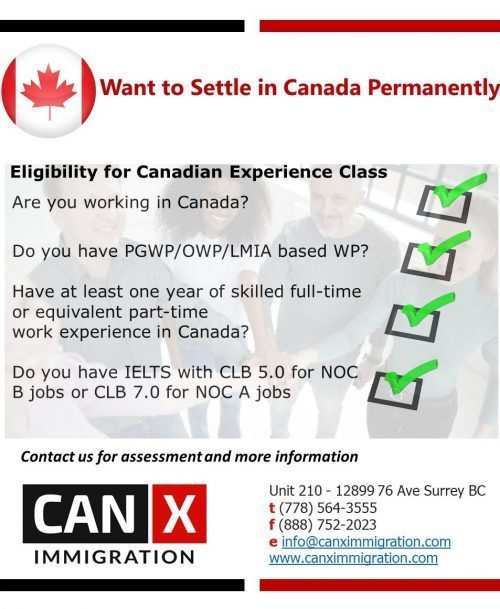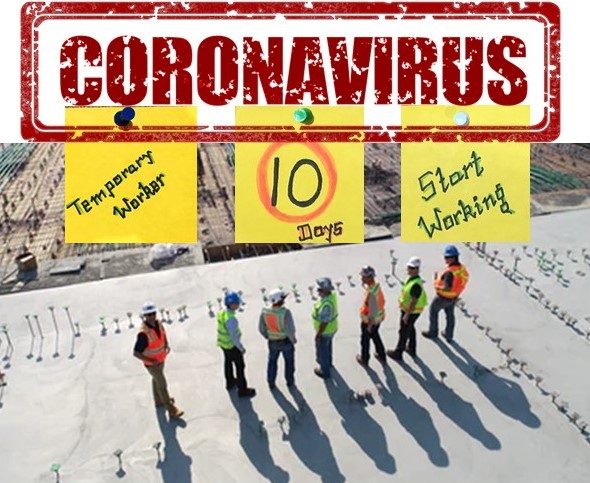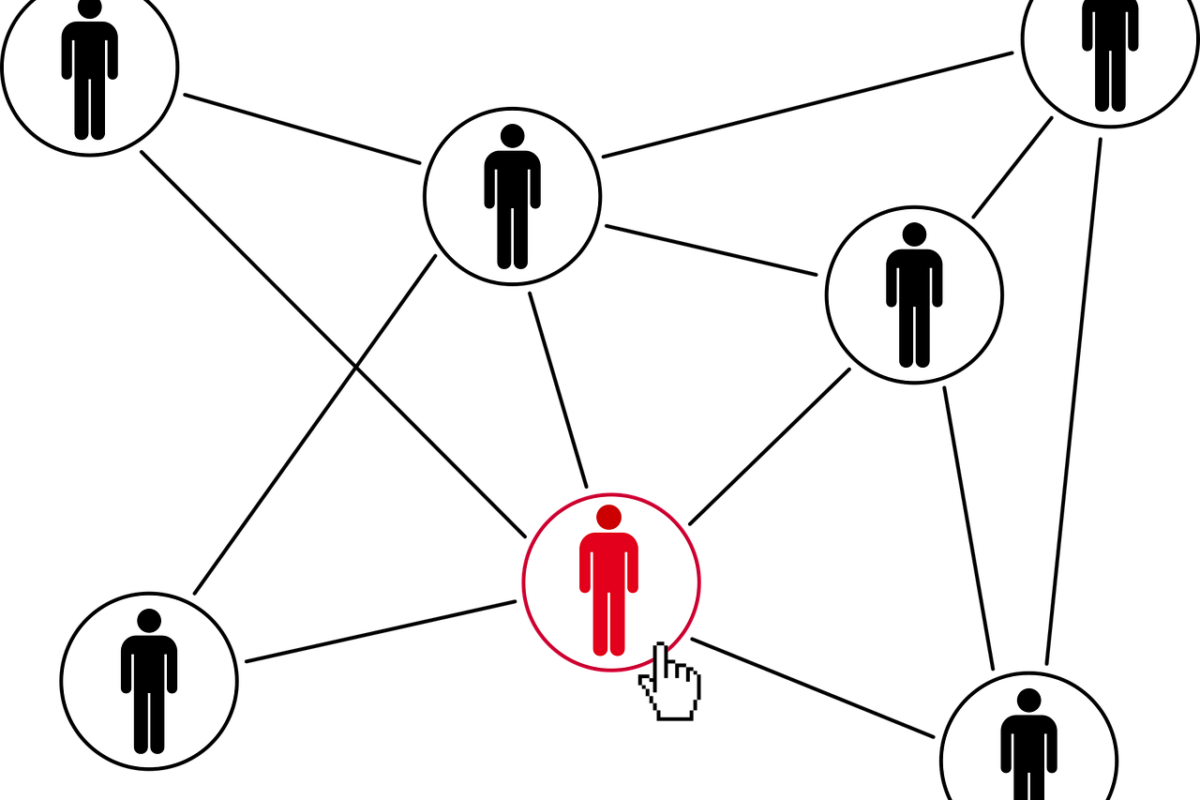The government of Canada is continuing to closely monitor the impacts of COVID-19 and taking actions as required to help protect Canadians and business. All Canadians have been working together to make sure the country is well prepared for a strong and resilient economic transition that will see more global investors choosing Canada in the weeks, months and years ahead. Canada’s collective response to the crisis has been more effective than any other country in the world, particularly in terms of listening to the health experts, responding quickly, and delivering meaningful and effective government support programs.
In response to economic downturn caused by COVID-19, the federal government has announced broad measures to protect Canadian jobs and facilitate funding to Canadian businesses.
Large Employer Emergency Financing Facility (LEEFF) program will provide bridge financing of at least $60 million to large employers to keep running their business operations.
In addition to LEEFF, government also launches Business Credit Availability Program (BCAP) providing support of more than $10 billion to small and medium sized business under the program. Administered through the Business Development Bank of Canada (BDC) and Export Development Canada (EDC), the program includes loans of up to $60 million per company and guarantees of up to $80 million.
The Government of Canada is taking immediate, significant and decisive action to support Canadians and businesses facing hardship as a result of the global COVID-19 outbreak.
- Covering 75% of an employee’s wages for up to $847 per week for eligible employers under Canada Emergency Wage Subsidy program.
- Financial help (up to $500 per week) to workers who lost their job during this pandemic through Canada Emergency Response Benefit (CERB) program.
- Increasing the Canada Child Benefit (CCB) up to an extra $300 per child for 2019-20.
- Mortgage Payment Deferral up to 6 months to help ease the financial burden for homeowners facing financial stress.
- Indigenous Community Support Fund to address immediate needs in First Nations, Inuit and Métis communities.
- The Canada Emergency Student Benefit (CESB) provides emergency financial relief to students and recent graduates who are unable to work, or unable to find work, due to reasons related to COVID-19. It is also available for those who are working but not making more than $1,000 (before taxes) over the four-week period for which they are applying. This benefit provides $1,250 per month for eligible students or $2,000 per month for eligible students with dependents or disabilities.
- Defer income tax payments for all businesses until after August 2020.
- Defer GST/HST payments until June 2020, as well as customs duty payments owing on their imports.
- Strategic Innovation Fund will support projects for COVID-19 related vaccine and therapy clinical trials.
- Government of Canada challenged Canadian businesses of all sizes to collaborate with other innovation sectors, including post-secondary and research institutions, to propose bold and ambitious strategies that would transform regional innovation ecosystems and develop job-creating superclusters of innovation, like Silicon Valley. The investment of up to $950 million, which will be matched dollar for dollar by the private sector, is expected to create more than 50,000 jobs over ten years and grow Canada’s GDP.
- Investment of at least $50 million in funding to support companies supplying essential equipment, products and therapeutics by Next Generation Manufacturing Canada through Canada’s Superclusters.
The Government (federal, provincial and municipal), business communities (global and domestic investors), people and workers (both frontline and background) has all come together and shown tremendous resilience in the face of this terrible pandemic.






